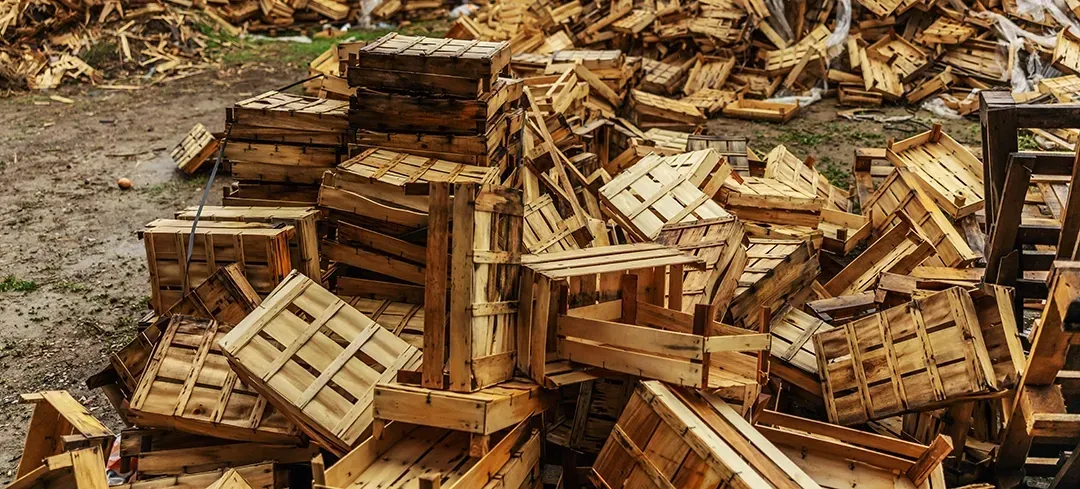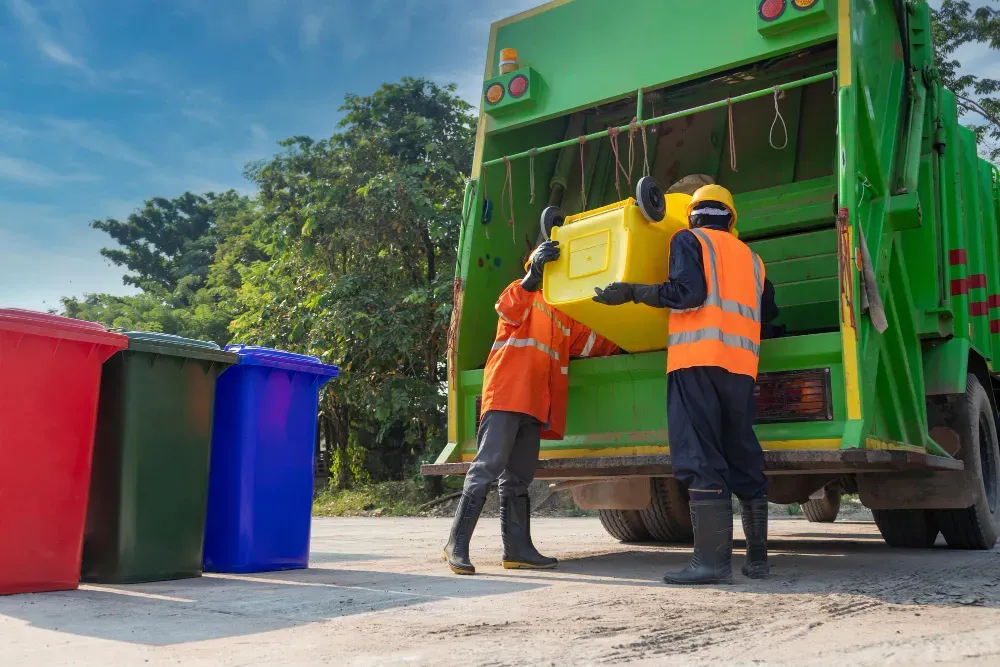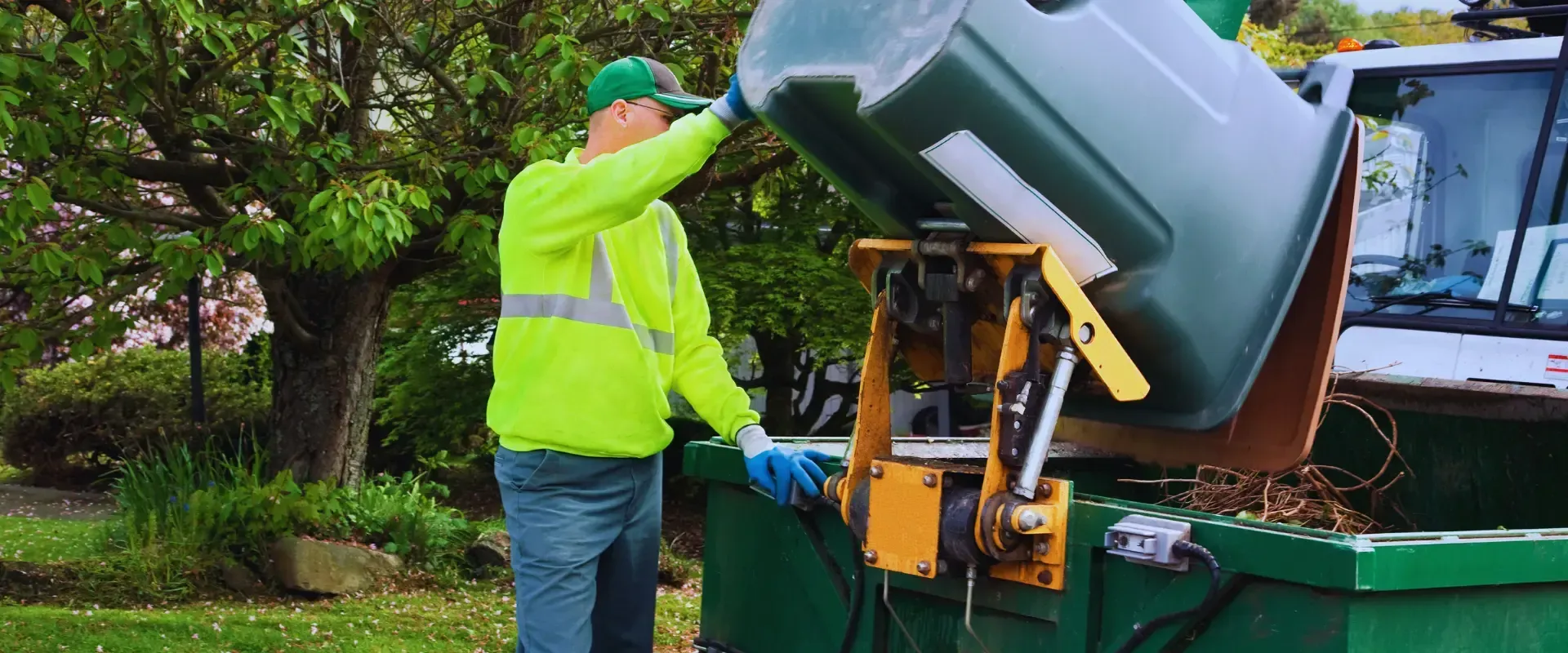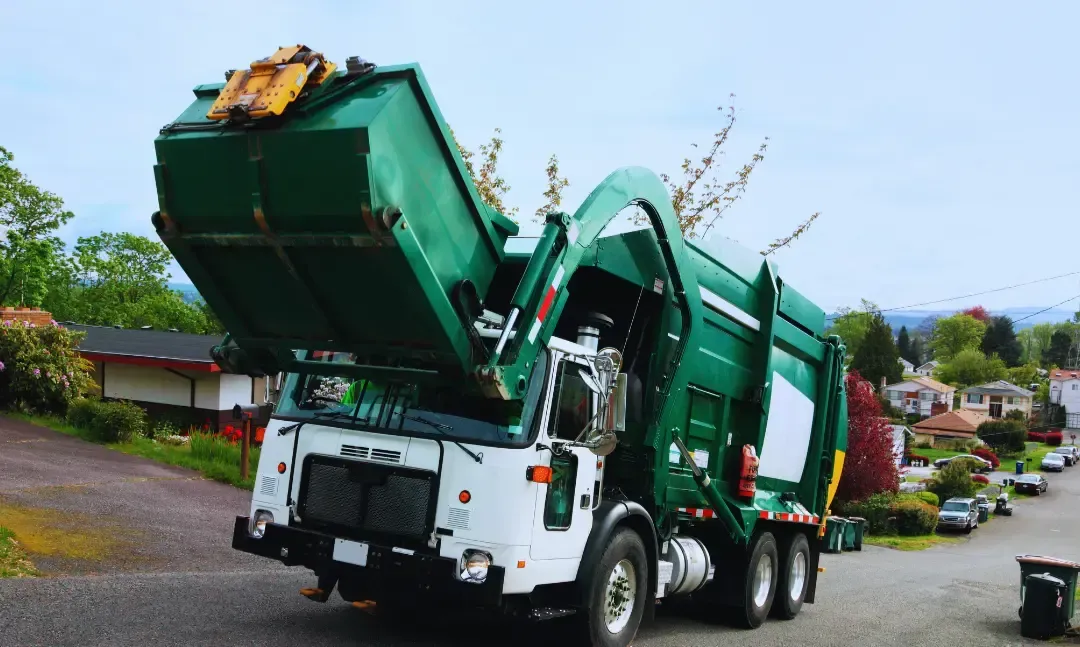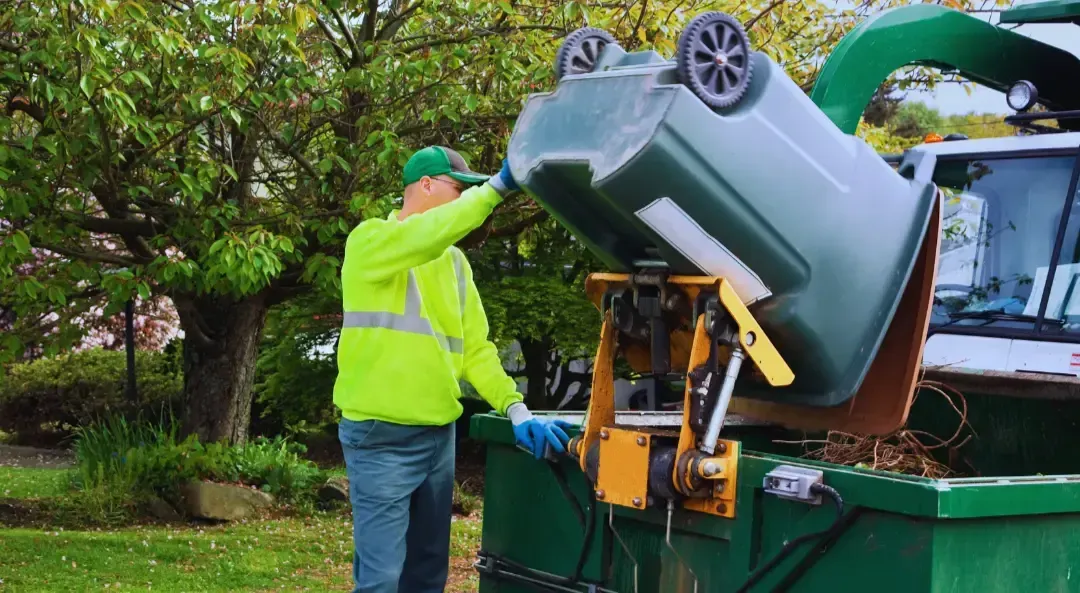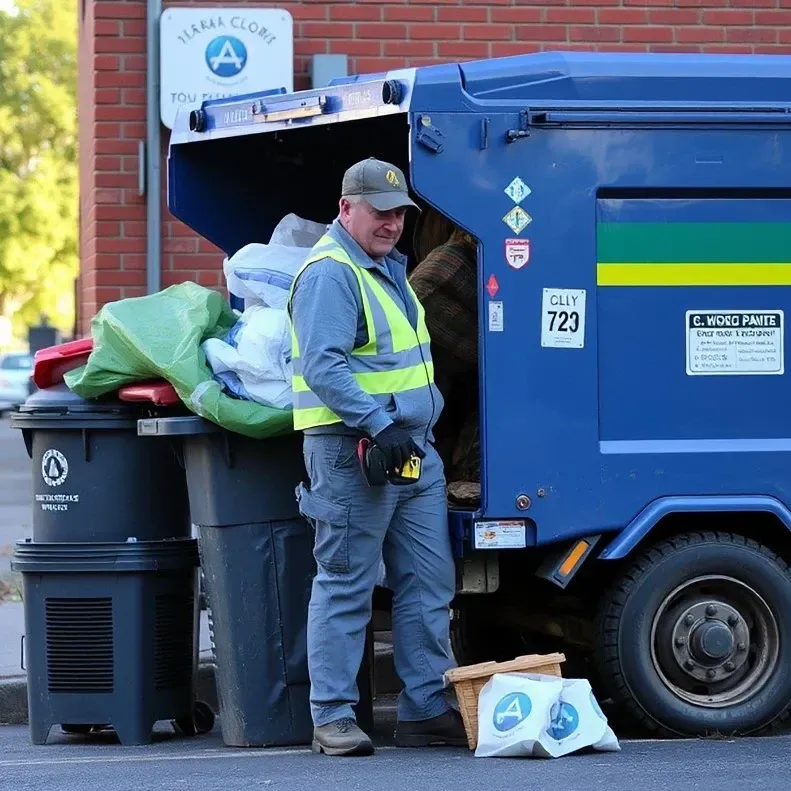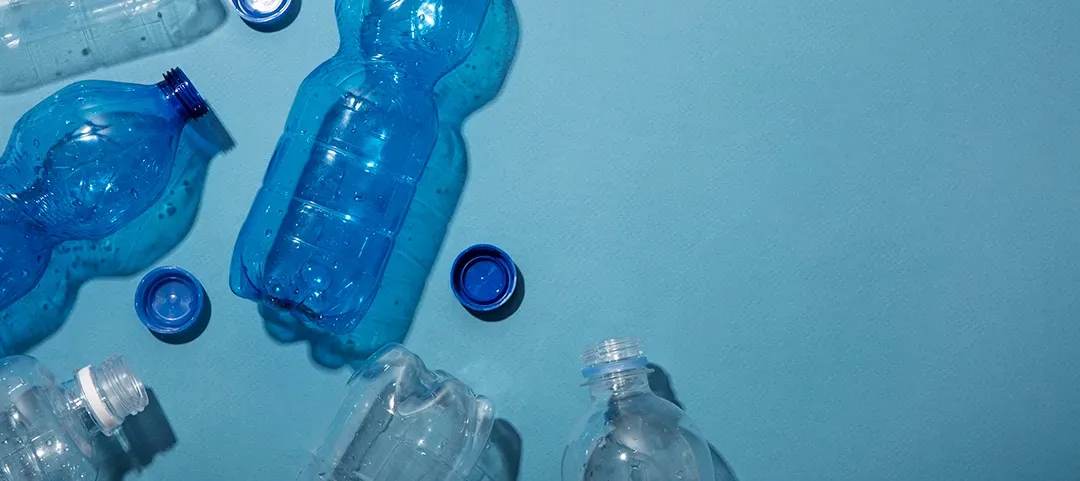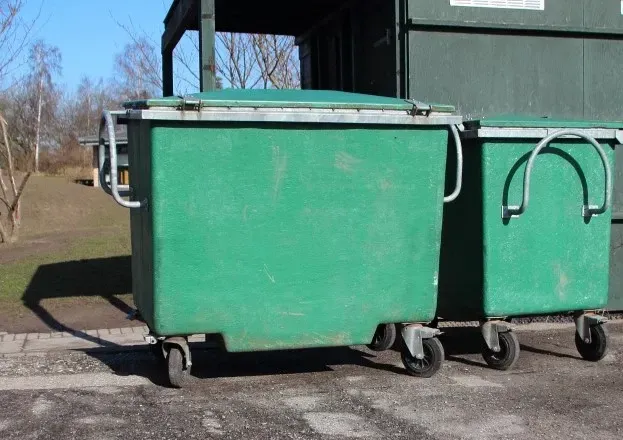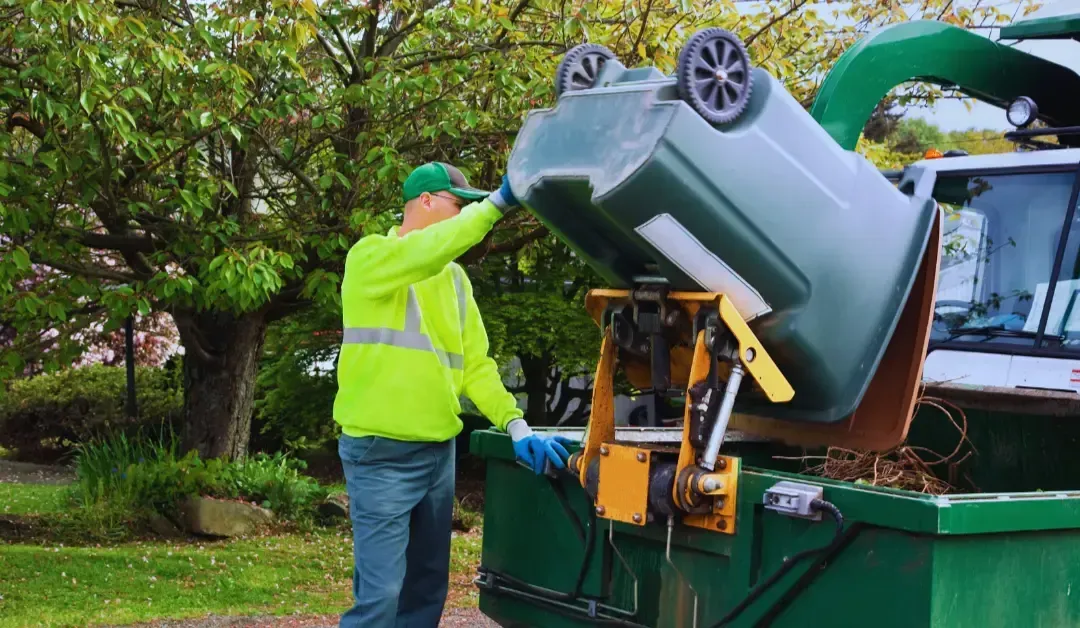Why Waste Segregation Is More Important Than You Think
Introduction
I still remember the day I realized how much of a difference waste segregation can make. It was a hot summer day in Floresville, Texas, and I was out for a walk. The streets were clean, but the trash cans I passed were overflowing with all sorts of waste, mixed together without any thought of where they would end up. It hit me then that many of us don’t think twice about what happens to our waste once it leaves our hands. But the truth is, how we manage our waste, particularly through segregation, plays a critical role in our environment and community.
In this article, I’ll walk you through why waste segregation is more important than you might think. We’ll explore the environmental impact, the benefits to our communities, and the practical steps you can take to make a difference. Let’s dive in!
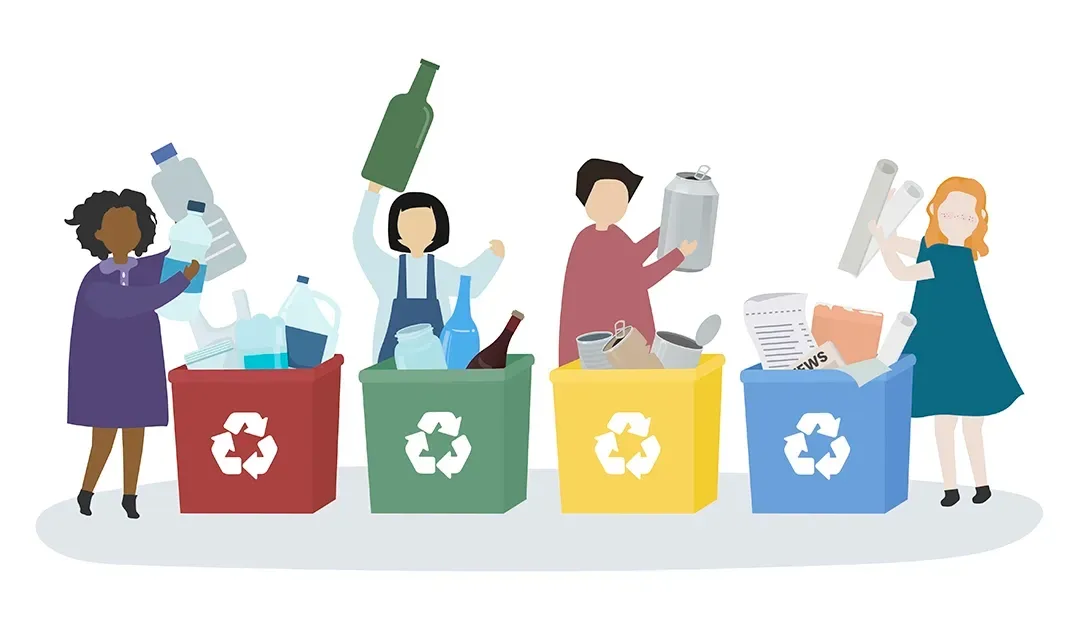
Understanding Waste Segregation
What Is Waste Segregation?
Waste segregation is the process of separating waste into different categories so that it can be properly disposed of, recycled, or reused. By categorizing waste into organic, recyclable, and hazardous types, we can handle each type in the most appropriate way. This simple act of sorting waste at the source has far-reaching effects on our environment and health.
Why Waste Segregation Matters
In Floresville, Texas, like many other places, improper waste management can lead to significant environmental and health problems. When waste is not segregated, it ends up in landfills, where it decomposes slowly, releasing harmful gases like methane into the atmosphere. Moreover, toxic materials can leach into the soil and water, affecting wildlife and human health. Waste segregation helps prevent these issues by ensuring that recyclable materials are reused, organic waste is composted, and hazardous waste is safely disposed of.
The Environmental Impact of Waste Segregation
Reducing Landfill Waste
One of the most significant benefits of waste segregation is the reduction of landfill waste. By effectively sorting waste, we can divert a substantial amount of materials from landfills. This not only conserves space but also reduces the environmental impact associated with landfill sites, such as groundwater contamination and greenhouse gas emissions.
Lowering Greenhouse Gas Emissions
When organic waste like food scraps and yard waste is mixed with other types of waste in landfills, it decomposes anaerobically, producing methane—a potent greenhouse gas. By segregating organic waste and composting it instead, we can significantly reduce methane emissions and contribute to a lower carbon footprint.
Protecting Wildlife and Natural Resources
Improper disposal of hazardous waste, such as batteries, electronics, and chemicals, can have devastating effects on wildlife and natural resources. When these materials are segregated and disposed of correctly, we help protect ecosystems and prevent the contamination of our soil and water sources.
Waste Reduction Strategies Through Segregation
Effective Waste Sorting Techniques
Sorting waste might seem daunting at first, but it’s a straightforward process once you get the hang of it. Start by setting up different bins for organic waste, recyclables, and non-recyclables. Label each bin clearly and make sure everyone in your household knows what goes where. For example, food scraps, coffee grounds, and yard waste go in the compost bin, while paper, plastic, and glass should be placed in the recycling bin.
Implementing a Waste Segregation System
Creating an effective waste segregation system at home or work doesn’t have to be complicated. Begin by assessing the types of waste you generate most frequently. Then, invest in separate containers for each category of waste. Place these containers in convenient locations, like the kitchen or office break room, to encourage proper disposal. Remember to regularly monitor and empty the bins to prevent overflow and odors.
Benefits of Waste Segregation for Communities
Improving Public Health
Waste segregation isn’t just good for the environment—it’s also crucial for public health. When waste is not properly managed, it can attract pests, spread diseases, and create unsanitary living conditions. By segregating waste, we reduce these risks and promote a healthier community.
Economic Benefits
Recycling and reusing materials can lead to significant cost savings. For instance, recycled materials can be sold or used to create new products, reducing the need for raw materials. Additionally, waste segregation can create jobs in recycling and waste management industries, boosting the local economy.
Enhancing Community Well-Being
When a community practices waste segregation, it fosters a sense of responsibility and pride among its residents. Clean streets, parks, and public spaces enhance the overall well-being of the community, making it a more pleasant place to live.
Challenges in Waste Segregation
Common Obstacles
Despite the benefits, waste segregation faces several challenges. Many people lack awareness or education about proper waste management. Additionally, not all communities have access to the necessary facilities for waste segregation, making it difficult to practice consistently.
Overcoming the Challenges
Education and awareness campaigns are crucial for overcoming these obstacles. By informing residents about the importance of waste segregation and providing them with the tools and knowledge they need, we can encourage more people to participate. Moreover, local governments can invest in better waste segregation infrastructure to make the process more accessible.
The Role of Local Government and Policies
Importance of Local Waste Management Policies
In Floresville, Texas, local waste management policies play a vital role in promoting waste segregation. These policies often include guidelines for proper waste disposal, recycling programs, and incentives for households and businesses that practice waste segregation. By adhering to these policies, we can contribute to a cleaner and more sustainable community.
Encouraging Community Participation
Local governments can also encourage community participation through programs and initiatives that promote waste segregation. For example, organizing community clean-up events or providing free recycling bins can motivate residents to take action. By working together, we can make waste segregation a standard practice in our community.
Personal Responsibility in Waste Segregation
How Individuals Can Make a Difference
As individuals, we have the power to make a significant impact through waste segregation. Simple daily practices, like sorting our waste, composting organic materials, and recycling, can add up to substantial environmental benefits. By taking responsibility for our waste, we set an example for others to follow.
The Power of Collective Action
While individual efforts are important, collective action is what truly drives change. When an entire community commits to waste segregation, the positive impact is multiplied. Together, we can reduce waste, protect our environment, and create a healthier, more sustainable future for everyone.
Conclusion
Waste segregation may seem like a small act, but its importance cannot be overstated. From reducing landfill waste and greenhouse gas emissions to protecting wildlife and improving public health, the benefits are far-reaching. In Floresville, Texas, where our community values sustainability and environmental stewardship, waste segregation is more than just a responsibility—it’s a way of life.
By implementing effective waste sorting techniques, overcoming challenges, and participating in local government initiatives, we can make a real difference. Remember, it all starts with you. Take the first step today and start segregating your waste. Together, we can build a cleaner, greener Floresville.
Key Takeaways
- Waste segregation is crucial for reducing environmental impact and protecting public health.
- Effective waste sorting can reduce landfill waste, lower greenhouse gas emissions, and protect wildlife.
- Implementing a waste segregation system at home or work is simple and can lead to significant benefits for the community.
- Local governments play a key role in promoting waste segregation through policies and initiatives.
- Personal responsibility and collective action are essential for creating a sustainable future.
FAQ
What are the main categories of waste in segregation?
The main categories of waste in segregation include organic waste (such as food scraps and yard waste), recyclables (such as paper, plastic, and glass), and non-recyclables (such as certain types of packaging and broken items). Hazardous waste, like batteries and electronics, should be disposed of separately.
How does waste segregation help reduce pollution?
Waste segregation helps reduce pollution by ensuring that recyclable materials are reused, organic waste is composted, and hazardous waste is disposed of safely. This prevents harmful substances from contaminating the environment and reduces the need for new raw materials.
What can I do if my community lacks proper waste segregation facilities?
If your community lacks proper waste segregation facilities, you can start by raising awareness and educating others about the importance of waste management. You can also advocate for better infrastructure and work with local government or community organizations to improve waste segregation practices.
Internal Links
- For more information on how you can contribute to a cleaner environment, visit our Home Page.
- To learn more about the services we offer, check out our Services Page.
- If you have any questions or need assistance, feel free to Contact Us.
- Learn more about our commitment to waste management on our About Us Page.

